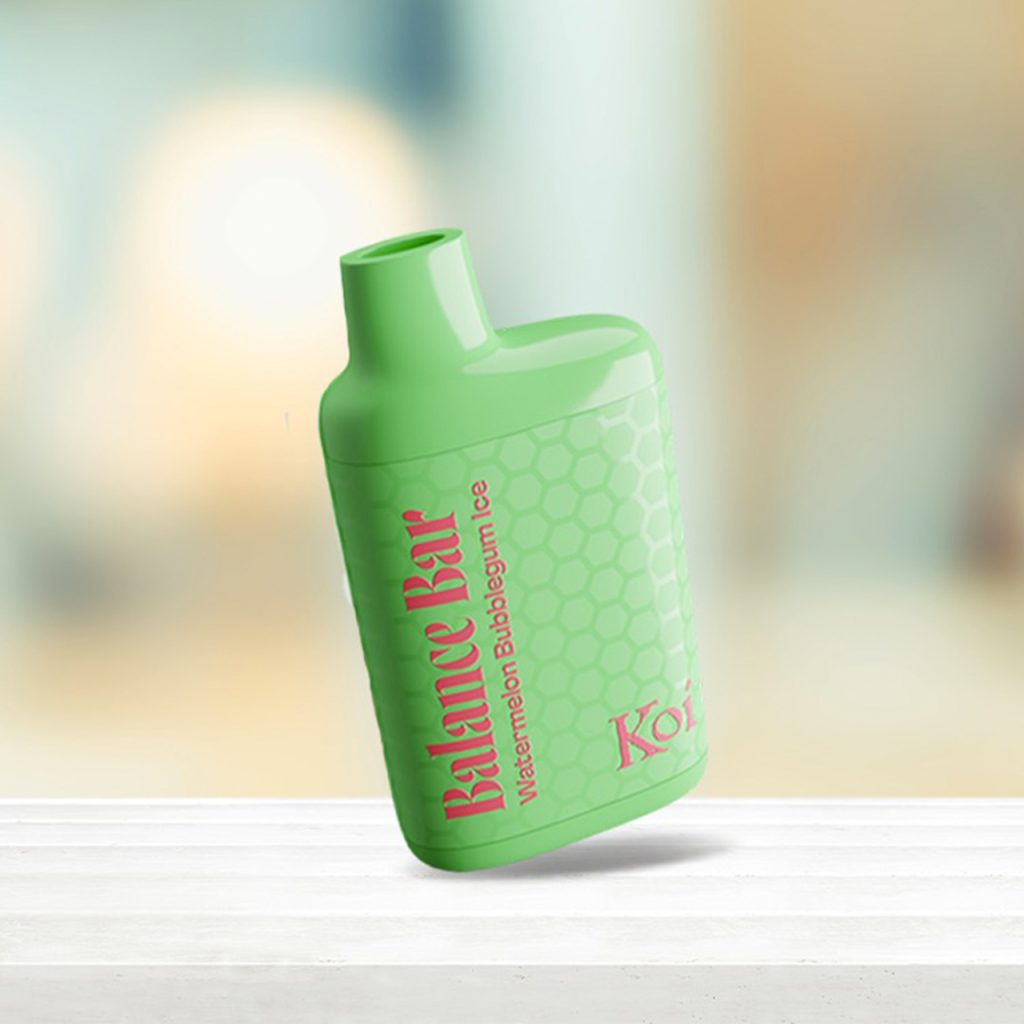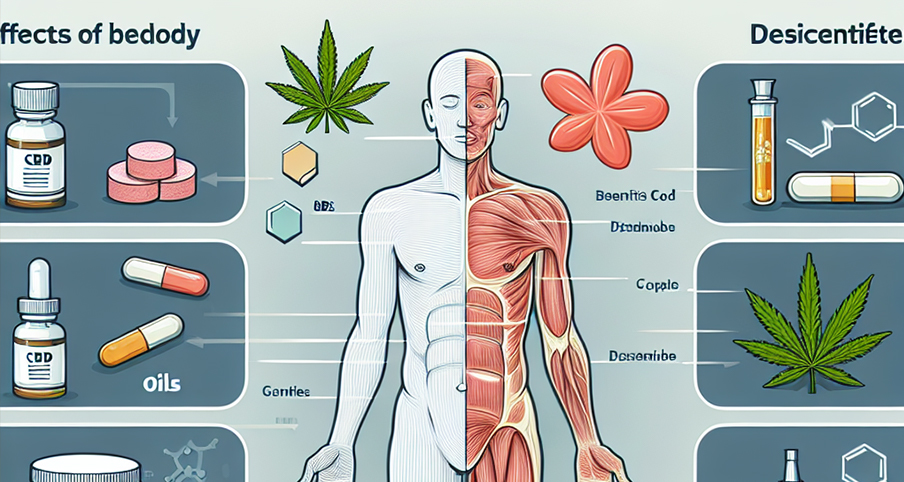Cannabidiol, commonly known as CBD, has gained significant attention in recent years due to its potential health benefits and widespread availability. Derived from the cannabis plant, CBD is one of over 100 cannabinoids found in cannabis, but it stands out because it does not produce the psychoactive effects commonly associated with its cousin, THC (tetrahydrocannabinol). This article will explore what CBD is, its benefits and disadvantages on the human body, the optimal dosage, and the most common CBD products, along with their advantages and disadvantages.
What is CBD?
CBD is a naturally occurring compound found in the cannabis plant. Unlike THC, CBD does not induce a “high,” making it appealing to those seeking relief from pain, anxiety, or other conditions without the mind-altering effects of marijuana. CBD interacts with the body’s endocannabinoid system, which plays a role in regulating various physiological processes including mood, pain sensation, appetite, and immune response.
Benefits of CBD on the Human Body
- Pain Relief:
- CBD is known for its analgesic properties, often used to alleviate chronic pain associated with conditions like arthritis and multiple sclerosis.
- Anti-Anxiety and Depression:
- Studies suggest that CBD can help reduce symptoms of anxiety and depression, offering a natural alternative to pharmaceutical drugs that often come with side effects.
- Neuroprotective Properties:
- CBD has shown promise in treating neurological disorders such as epilepsy and multiple sclerosis. In fact, Epidiolex, a CBD-based medication, has been approved by the FDA for treating certain types of epilepsy.
- Anti-Inflammatory Effects:
- Its anti-inflammatory properties make CBD a potential treatment for a range of inflammatory conditions, including acne.
- Heart Health:
- Some research indicates that CBD may benefit heart health by lowering blood pressure and preventing heart damage.
Disadvantages of CBD on the Human Body
- Side Effects:
- Though considered safe, CBD can cause side effects like dry mouth, diarrhea, reduced appetite, drowsiness, and fatigue.
- Drug Interactions:
- CBD can interact with other medications, especially those that come with a grapefruit warning, potentially altering their effects.
- Varying Efficacy:
- The effectiveness of CBD can vary greatly among individuals, and more research is needed to understand its impact fully.
- Regulatory Concerns:
- The lack of regulation in the CBD market means that product quality and concentration can vary widely, leading to inconsistent dosages.
Optimal Dose of CBD
Determining the most suitable dose of CBD can be challenging due to its varying effects on individuals. Factors such as body weight, the condition being treated, individual body chemistry, and the concentration of CBD in the product all play a role. A common recommendation is to start with a low dose and gradually increase until the desired effects are achieved. Generally, doses between 20-40 mg per day are used for common conditions, but it’s crucial to consult with a healthcare professional for personalized advice.
Commonly Used CBD Products
- CBD Oils and Tinctures:
- Advantages: Versatile, easy to use, and quick absorption when taken sublingually.
- Disadvantages: Can have a strong taste; dosing might be less precise.
- CBD Edibles:
- Advantages: Convenient, discreet, and come in various flavors.
- Disadvantages: Slower onset of effects due to digestion; effects might be less predictable.
- CBD Topicals:
- Advantages: Targeted relief, especially for skin conditions and localized pain.
- Disadvantages: Limited to surface-level effects; may require frequent application.
- CBD Capsules and Pills:
- Advantages: Convenient and offer precise dosing.
- Disadvantages: Slower onset as they need to be digested.
- Advantages: Fast-acting effects; customizable dosing.
- Disadvantages: Potential respiratory risks; requires vaping device.

Koi Balance Bar 250 mg 6000 Puffs 10pk CBD Empty Disposable
Experience the convenience of Koi Balance Bar compact rechargeable vape device pre-filled with 250mg CBD in flavors like Watermelon Bubblegum Ice and more
Conclusion
CBD offers a range of potential health benefits, from pain relief to anxiety reduction, without the psychoactive effects of THC. However, it is not without its drawbacks, including potential side effects and drug interactions. The optimal dose of CBD varies, and users should approach it with caution, ideally under medical supervision. With a variety of products available, consumers can choose the form that best suits their needs, but should remain vigilant about product quality and regulatory standards. As research continues, a clearer picture of CBD’s full potential and limitations will emerge, helping users make informed decisions about its use.


